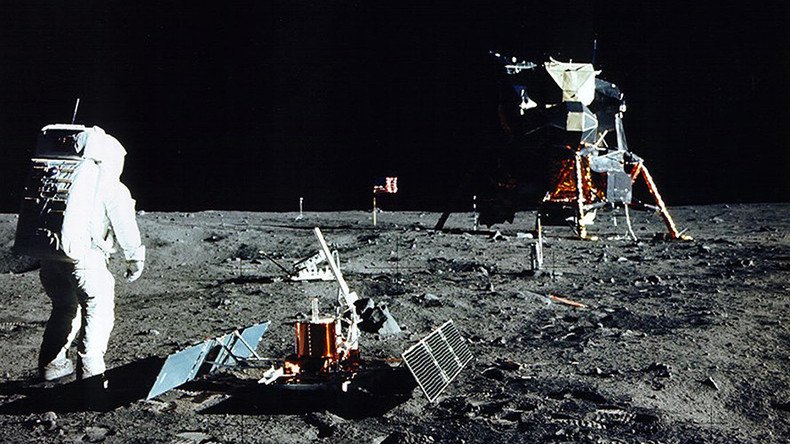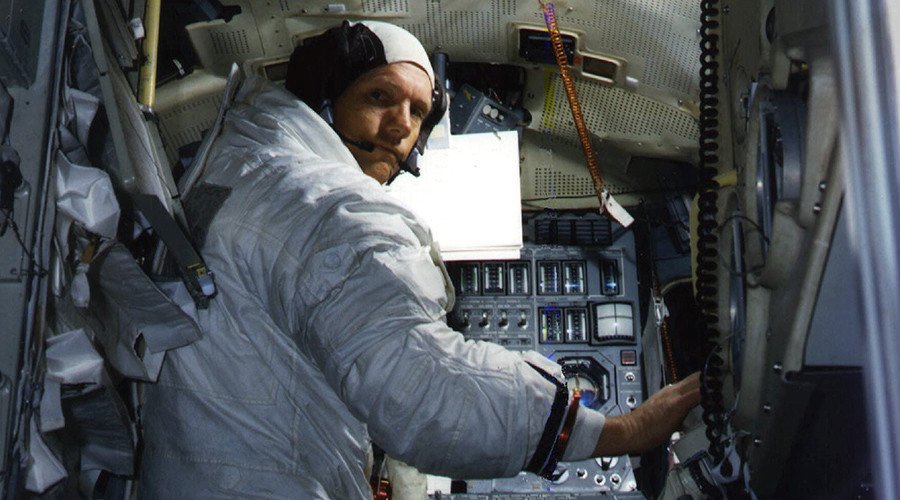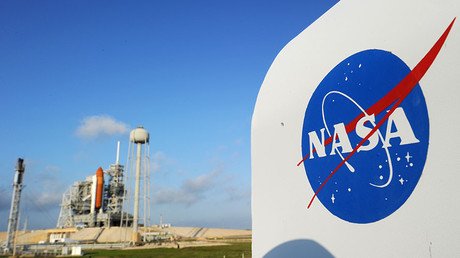Cosmic radiation: Apollo astronauts 5 times more likely to die from heart disease, says study

The first study of Apollo astronauts - the only people to have traveled beyond Earth’s protective magnetic shield - has found that those who ventured to the moon are five times more likely to die from heart disease.
The NASA and Florida State University study revealed its findings on Thursday. They state that so far three Apollo astronauts, including Neil Armstrong, the first person to walk on the moon, have died from cardiovascular disease, apparently as a result of the extreme cosmic radiation they were exposed to during their missions.
READ MORE: Mars One being one-way 'is the biggest appeal’: RT talks to prospective candidates
The researchers concentrated on a small group for the study: 42 astronauts who flew in space, seven of whom were Apollo veterans, the other 35 being non-flight astronauts.

The study, published in the Scientific Reports journal, found that Apollo astronauts are four to five times more likely to die from cardiovascular disease death than astronauts who either never entered space or only flew on low-altitude missions.
“These data suggest that human travel into deep space may be more hazardous to cardiovascular health than previously estimated,” it said.
NASA’s Apollo program focused on a series of manned moon landings between 1969 and 1972. This is the first study to look at the mortality rates of Apollo astronauts, who have traveled further than any other manned space mission.
The results could have a significant impact on future deep-space exploration - specifically those with an ambition to venture to Mars and beyond.
A companion study with mice also found radiation exposure has a long-term effect on heart health, adding more evidence to the previously unknown risks of deep-space radiation.
NASA has disputed the findings, reports Reuters, by saying it is too early to draw conclusions about the impact of cosmic radiation given the limited related data. The researchers involved in the cardiovascular study of astronauts are planning an in-depth follow-up study looking into family medical history and other factors.













